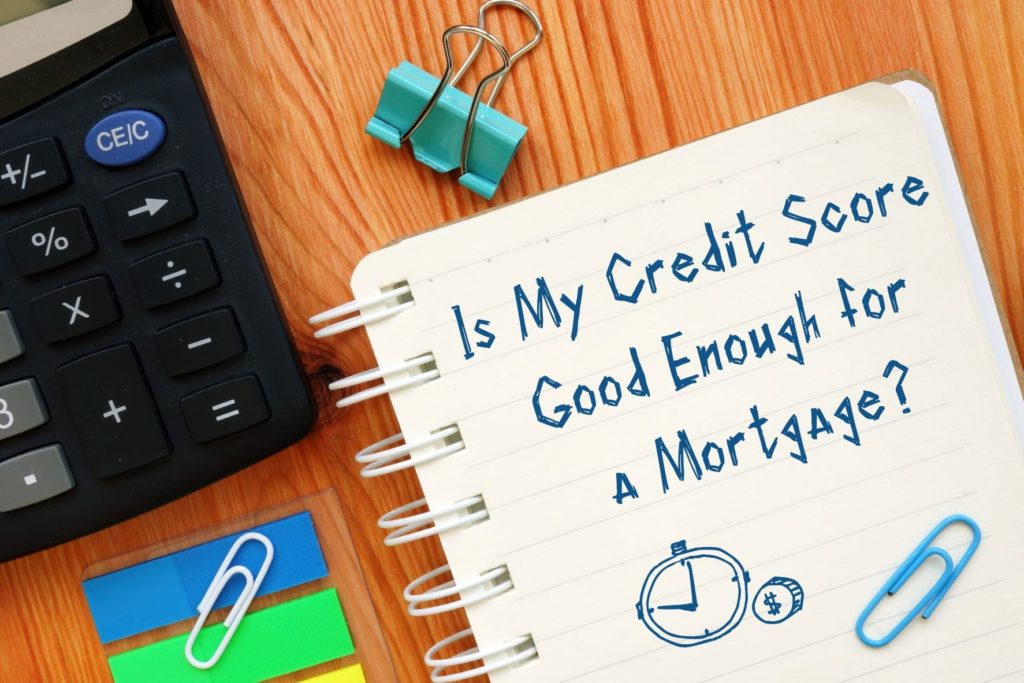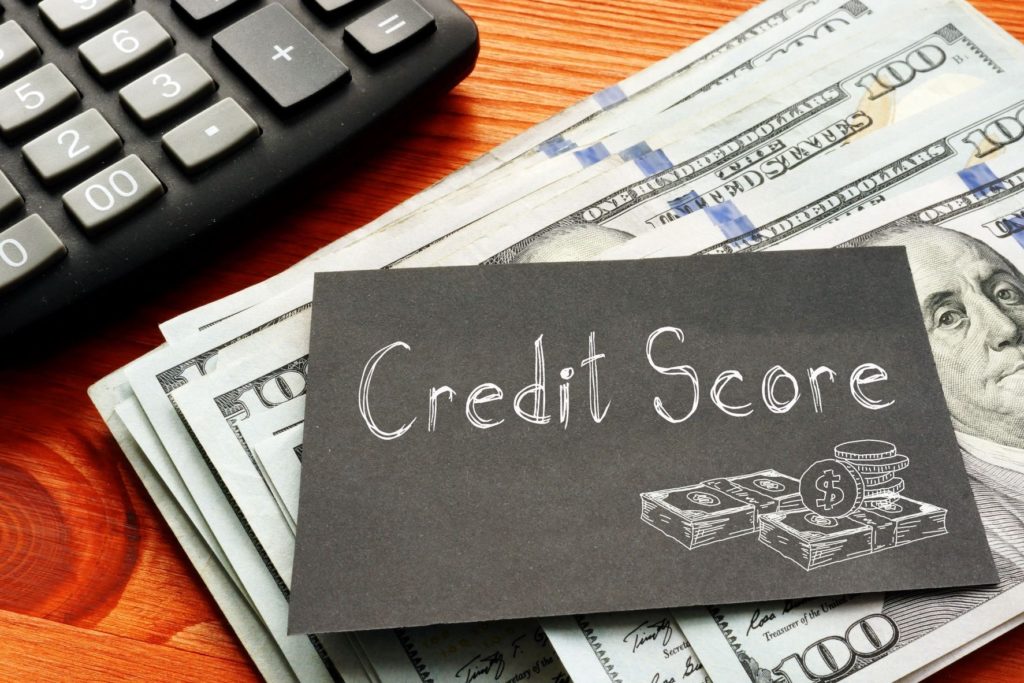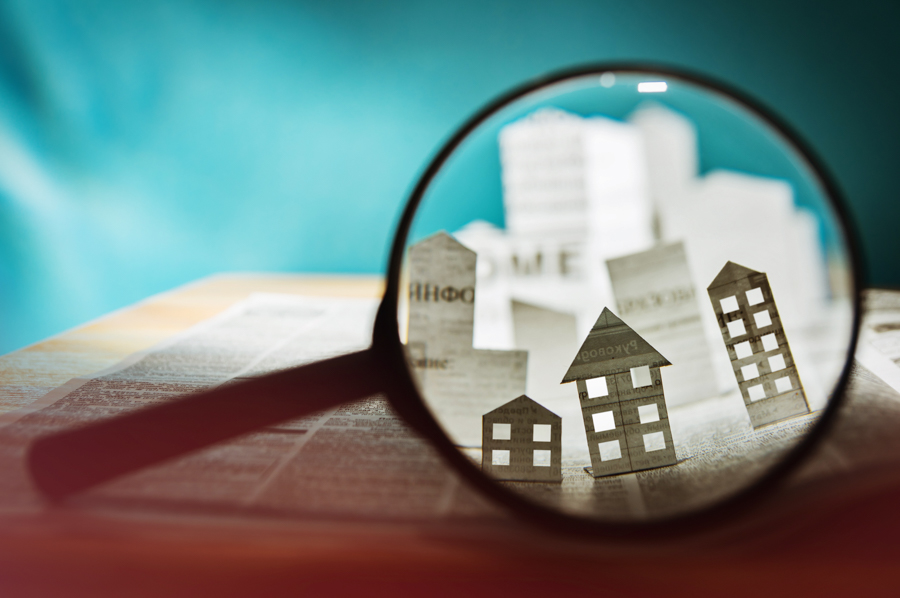If you’re hoping to buy a house in 2022, your credit score is one of the most important things to consider. A good credit score will get you a lower interest rate on your mortgage, which can save you thousands of dollars over the course of your loan.
Raising Your Credit Score
There are a few things you can do to raise your credit score. First, make sure you’re paying all of your bills on time. This includes:
- Credit cards
- Student loans
- Car payments
You can also try to pay down any outstanding debt you have. Even if you can’t pay it off completely, bringing your balances below 50% of your credit limit will help improve your score.
Another thing to consider is how often you’re applying for new credit cards because lenders may see this as a sign of financial instability. If you’re in the market for a new credit card, try to limit your applications to one or two cards. Finally, don’t close any old credit cards because doing so can actually lower your score.
By following these tips, you should be able to raise your credit score and get approved for a mortgage. Just remember to be patient; it can take months or even years to see a significant difference in your score.
What Is a Credit Score?

- Payment history: This is the most important factor in your credit score. It includes whether you’ve made on-time payments, missed payments, or have any delinquent accounts. Payment history makes up 35% of your credit score.
- Credit utilization: This is how much of your available credit you’re using. It’s important to keep your credit utilization low because it shows that you’re not maxing out your credit cards and that you’re able to manage your debt. Credit utilization makes up 30% of your credit score.
- Length of credit history: This is how creditors determine how responsible you are with credit. The longer your history, the better. Length of credit history makes up 15% of your credit score.
- Credit mix: This is the variety of accounts in your credit report, including lines of credit, revolving accounts, and installment loans. Credit mix makes up 10% of your credit score.
- New credit: Every time you open a new account, it’s considered new credit. Opening too many new accounts in a short period of time can be a red flag for creditors. New credit makes up 10% of your credit score.
What Are Some Common Credit Score Mistakes?
If you’re looking for how to build credit to buy a house, one common mistake is not having a diverse mix of credit types. For example, if you only have one credit card, that’s not enough to show lenders that you’re a responsible borrower. You should have a mix of revolving credit (like credit cards) and installment credit (like loans).
One way to improve your credit score is to add positive information to your credit report. This could include things like making all of your payments on time, keeping a low balance on your credit cards, and paying off any loans you have in full and on time.
Another way to improve your credit score is to reduce the amount of debt you owe. You can do this by:
- Paying down your balances
- Transferring high-interest debt to lower-interest accounts
- Consolidating multiple debts into one loan with a lower interest rate.
A third way to improve your credit score is to avoid negative information from appearing on your credit report. This includes things like:
- Late payments
- Collections accounts
- Maxed-out credit card
What Is a Mortgage and How Credit Is Involved?
A mortgage is a loan that is used to finance the purchase of a property. The loan is secured by the property, which means that if you default on the loan, the lender can take possession of the property.
Credit is involved in a mortgage because your credit score will affect the interest rate you’re offered on the loan. A higher credit score indicates to lenders that you’re a low-risk borrower, which means you’re more likely to repay the loan on time.
A lower credit score indicates to lenders that you’re a high-risk borrower, which means you’re more likely to default on the loan. The interest rate you’re offered on a mortgage is important because it will affect how much you’ll have to pay each month. A higher interest rate will increase the amount you’ll have to pay, while a lower interest rate will decrease the amount you’ll have to pay.
Late payments can negatively impact your score, so it’s important to make sure you’re always paid up. You can set up automatic payments for your bills so you don’t have to worry about forgetting to pay them.
How Do Lenders Set Up a Mortgage
Lenders are tasked with coming up with the amount of money a borrower can afford to pay back, using various metrics.
First, they’ll look at how much income you bring in each month. Then, they’ll consider your debts and other financial obligations to get an idea of how much wiggle room you have in your budget.
From there, they’ll calculate what’s called your debt-to-income ratio (DTI). This is the percentage of your monthly income that goes towards debt repayments. Lenders like to see a DTI of 36% or less.
But that’s not the only number they’ll be looking at. They’ll also check out your credit score and history.
What Are the Different Parts of a Mortgage?

Down Payment
The down payment is the amount of money you put towards the purchase of your home. The larger your down payment, the less you will have to borrow.
Interest Rate
The interest rate is the cost of borrowing money. The lower your interest rate, the less you will pay in interest over the life of your loan.
Term
The term is how long you have to repay your loan. The most common terms are 30 years and 15 years.
Monthly Payment
Your monthly payment is how much you will pay each month towards your mortgage. Your monthly payment is made up of both principal and interest. The principal is the amount you borrowed, the interest is how much you will pay each month towards your mortgage.
How to Lower Monthly Payments
One way to potentially lower your monthly payment is to refinance your mortgage. Refinancing means taking out a new loan with a lower interest rate to replace your current loan. This can reduce your monthly payments and save you money over the life of your loan.
Another way to lower your monthly payments is to get a shorter-term loan. A shorter-term loan has a higher monthly payment, but you will pay less in interest over the life of the loan.
You can also make extra payments towards your mortgage principal each month to lower the amount of interest you pay over the life of the loan.
How to Raise a Mortgage FICO Score
If you’re thinking about buying a house, it’s important to understand how your credit score can impact your mortgage rate. If you’re not sure how to raise your credit score or where to start, you can talk to a credit counseling agency.
Credit counselors can help you understand how your credit works and give you tips on how to improve your credit score. Counselors can also help you negotiate with the credit bureaus to try to remove negative items from your credit report.
Discover Solutions at Galaxy Title & Escrow
When it comes to buying or selling a home, working with a full-service title company like Galaxy Title & Escrow can make the process much smoother. Learning how to build credit to buy a house requires patience and discipline.
We are able to provide a wide range of services that cover everything from title searches and insurance to closing and escrow services. This means that we can handle all of the paperwork and details for you so that you can focus on the larger task of buying or selling your home. We understand how overwhelming this process can be, and our goal is to make it as stress-free as possible for our clients.
With our years of experience and commitment to customer service, we are confident that we can provide you with the best possible experience. Contact us today to learn more about how we can help you with your next real estate transaction.



